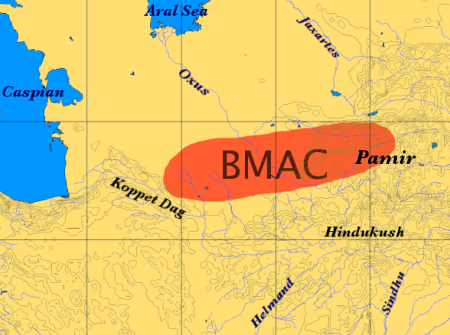''Beasts of Burden'' such as Donkey, Mules, Llama's, Camel's, Horses, and Oxen etc. have played a critical role in the development of human civilization. They have made significant contributions in farming and perhaps the biggest impact of Beasts of Burden is that they have allowed individual human cultures to expand across great distances and interact with other cultures through trade.
I have heard that perhaps the greatest reason why the native Americans were more than a millennia behind Europe in terms of technological development is that they lacked Beasts of Burden, thus their individual civilizations were smaller and more isolated as they lacked the ability to farm, explore, conquer and trade across large distances like Europeans could with Horses.
With this in mind, I'm wondering how advanced human civilization could have become if Beasts of Burden simply did not exist anywhere on Earth? Would our countries be smaller? I expect that our development would be slowed but how slowed? Would we have an identical level of technology by the present-day or would we be a few centuries behind? Would we even make it to the 21st century?
I have heard that perhaps the greatest reason why the native Americans were more than a millennia behind Europe in terms of technological development is that they lacked Beasts of Burden, thus their individual civilizations were smaller and more isolated as they lacked the ability to farm, explore, conquer and trade across large distances like Europeans could with Horses.
With this in mind, I'm wondering how advanced human civilization could have become if Beasts of Burden simply did not exist anywhere on Earth? Would our countries be smaller? I expect that our development would be slowed but how slowed? Would we have an identical level of technology by the present-day or would we be a few centuries behind? Would we even make it to the 21st century?


